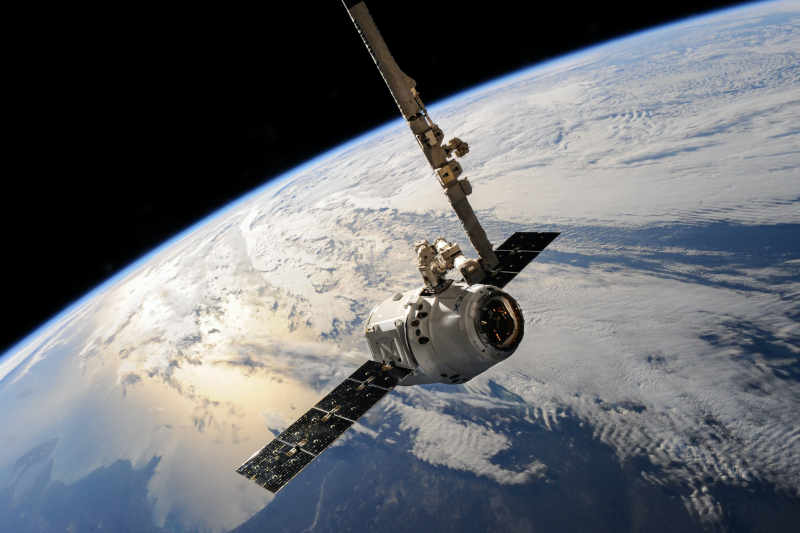Space today is highly commercial
In the last year, space research has advanced dramatically. The first tourist-focused trips were flown by Virgin Galactic, Blue Origin, and SpaceX. Meanwhile, NASA successfully landed its Mars rover, and the James Webb Space Telescope, the world's most powerful of its kind, launched into orbit only days before the new year. More money is being poured into space technology than ever before, with Morgan Stanley expecting a trillion-dollar market by 2030.
In 2019, the space-for-earth economy accounted for 95% of the projected $366 billion in income made in the space sector: that is, goods or services created in space for use on Earth. The space-for-earth economy encompasses telecommunications and internet infrastructure, earth observation capabilities, national security satellites, and more. This economy is thriving, and while research indicates that it faces the issues of overcrowding and monopolization that occur when companies fight for a rare natural resource, projections for its future are hopeful. Reduced prices for launch and space hardware in general have encouraged new competitors into this sector, and companies from a number of industries have already begun to use satellite technology and access to space to promote innovation and efficiency in their earthbound products.






